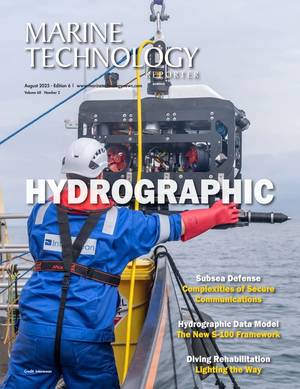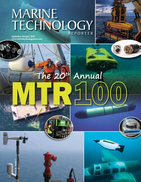Abrolhos National Maine Park – Part 2
An important marine reserve system started with the Abrolhos National Marine Park (Parque Nacional Marinho Dos Abrolhos) in 1983 and has been expanded to include three carefully managed "Marine Extractive Reserves": Canavieiras (2006), Corumbau, and, most recently, the Cassurubá Marine Extractive Reserve. This network of marine reserves is the first of its kind in Brazil and serves as a model for marine conservation. Nearly 20,000 families make a living from traditional fisheries in the Abrolhos region and they are becoming important conservation partners as they come to understand that marine protected areas are an effective tool for fisheries recovery. The MPAs are designated and regulated by the Brazilian government, which has responsibility for enforcement, however Brazil is unable to commit sufficient resources to the work encompassed by this project. Hence the need for the involvement of non-governmental organizations to work in collaboration with the Brazilian government and local communities. The International Conservation Fund of Canada has been one of the main collaborators.
In 2007, mapping of the Abrolhos Bank using a side-scan sonar resulted in the discovery of large areas of unmapped reefs and other important marine habitats in the Bank. These reefs are important for biodiversity and fisheries maintenance, as the fish biomass observed there is nearly seven times higher than in (the already protected) Abrolhos National Park. By mid-2008 it was evident that the size of formerly unmapped reefs is actually several times the area of known reefs. This established the need to expand the Abrolhos MPA network in order to protect these habitats. In 2008, the habitats were surveyed in partnership with São Paulo University using scuba divers and a observation ROV, which produced more detailed habitat/biological information. In addition, underwater biological monitoring was conducted with the help of four students from the University of Bahia, including a visual fish census and collection of coral cover samples. In 2009, further surveys focused both on the newly discovered reefs and on a large calcareous algae bank, which appears to represent an enormous carbon bank and as such, a key habitat to protect in relation to climate change mitigation. Information was collected from 2007 to 2009 on the distribution of the fishing fleet along the Abrolhos Bank and the port of origin and fishing methods used by fishing vessels. This information is feeding into the evolving fisheries management system. Maps of the shrimp fishery activity revealed that this is located relatively far from coral reefs, which can be impacted by fishing.
Sources: International Conservation Fund of Canada and ICMbio


































 August 2025
August 2025



